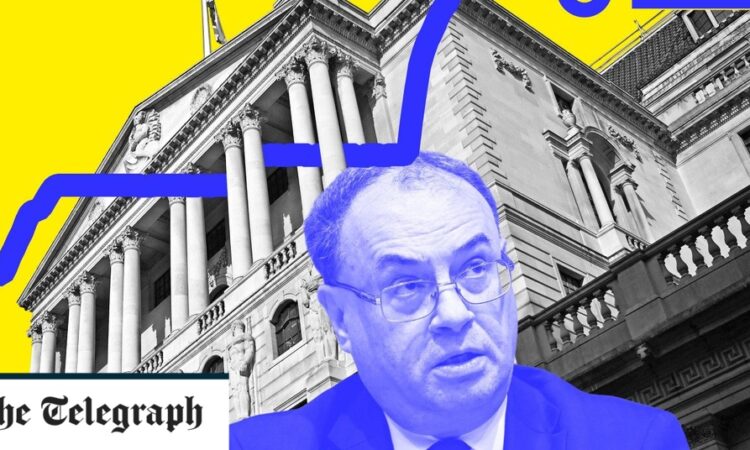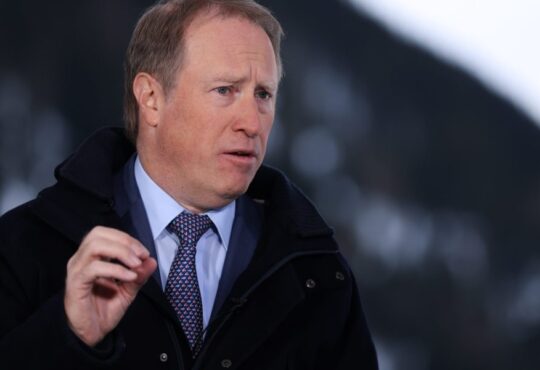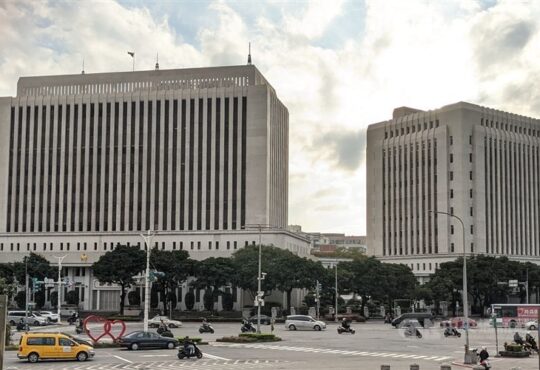
Conditions this time around are far calmer – but the process is not without risk. Furthermore, it presents a headache for the Chancellor as the Treasury will be landed with the bill for any losses the Bank incurs from selling gilts.
The Bank of England had been planning how to sell bonds into financial markets since the moment it first bought them when Mervyn King launched quantitative easing (QE) in 2009.
In the teeth of the financial crisis, unable to cut interest rates any further, the Bank started creating money to buy bonds in an effort to keep money following in the financial system.
It became the favourite policy to use during the turmoil of the subsequent decade – and one officials seemed unable to reverse.
By its peak in 2022, the mountain of assets purchased had ratcheted up to £875bn of government bonds and £20bn of corporate debt. It was far more than anyone imagined back in 2009.
A year ago the Bank began selling the debt back into financial markets.
Almost immediately, the bond markets descended into chaos. Quantitative tightening (QT) was nearly derailed the moment it launched. However, after order was restored to the bond market, sales continued.
A year on from the carnage of its launch, the policy has almost been forgotten. Interest rate rises have hogged the limelight instead.
“It has gone extremely well,” says Katharine Neiss, chief European economist at PGIM Fixed Income, and formerly of the Bank of England.
Selling £80bn of gilts over a year might sound large, but compared to the pace of bond purchases under QE it is relatively slow, says Melanie Baker at Royal London Asset Management.
“It is not just QE in reverse. That was intended to have a ‘shock and awe’ impact when it started – they want to have the absolute opposite with QT, working in the background,” she says.
Paul Fisher, who served on the MPC at the launch of QE, says the lack of public focus shows QT’s success: “You notice these things when they go wrong.”
The Bank is expected to step up its QT programme this week at the same time as Bailey and his colleagues on the MPC are set to raise interest rates from 5.25pc to 5.5pc.






